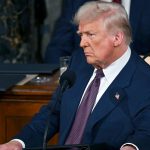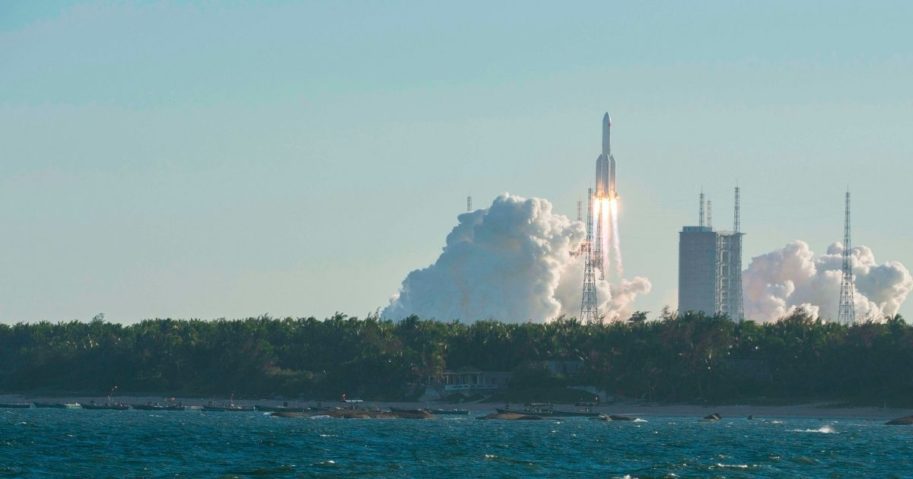China is planning to launch the core module of its first space station in the first half of 2021, according to the chief designer of the country’s manned space project.
Designer Zhou Jianping said Friday that after the core module enters orbit, cargo spacecraft Tianzhou 2 and manned spacecraft Shenzhou XII will be launched into space, according to Chinese state-owned media outlet China Daily.
The first crew will remain in space for several months before Tianzhou 3 and Shenzhou XIII will bring the second crew, he said.
“During this period, we will carry out comprehensive verification of the new technologies of the space station, including astronaut spacewalks, robotic arms and energy technologies,” Zhou said.
After the first crews finish the verification work, researchers will begin to work on construction and technological components with the help of two more cargo and two more manned spacecraft, he added.
The space station is expected to be completed around 2022, China Daily reported. The International Space Station has been in orbit since 1998, but is far more of an international effort than China’s planned space station.
“After that, it will enter operation and we will be able to use it to engage in space science research,” Zhou said.
The details of China’s first space station were unveiled during a ceremony giving the re-entry capsule of China’s manned spacecraft Shenzhou X to the Hunan provincial government to be permanently exhibited at the Mao Zedong Memorial Museum.
The announcement comes on the heels of the return of China’s Chang’e-5 spacecraft from the moon, The New York Times reported.
It returned with as much as 4.4 pounds of lunar samples from a volcanic plain called Mons Rümker, and “was China’s most successful mission to date,” according to The Times.
Brendan Curry, chief of Washington, D.C., operations at the Planetary Society, said while Beijing has not “staked out some sort of declarative statement where they want to replace the United States as leader in space … they certainly want to be a major actor in space.”
The space race between China and the United States could prove to be a major battleground between the two countries in the coming years, The Times reported.
Vice President Mike Pence warned of China’s ambitions in a speech made in Alabama in March 2019.
“Last December, China became the first nation to land on the far side of the moon and revealed their ambition to seize the lunar strategic high ground and become the world’s preeminent spacefaring nation,” Pence said.
He also announced plans to return Americans to the moon by 2024.
Although some hope the competition between the two countries could lead to cooperation, NASA is currently limited from working directly with the Chinese National Space Administration or any other Chinese companies.
This could mean that U.S. scientists could be left out of the scientific research conducted from the rocks gathered by China’s mission to the moon.
Story cited here.
























